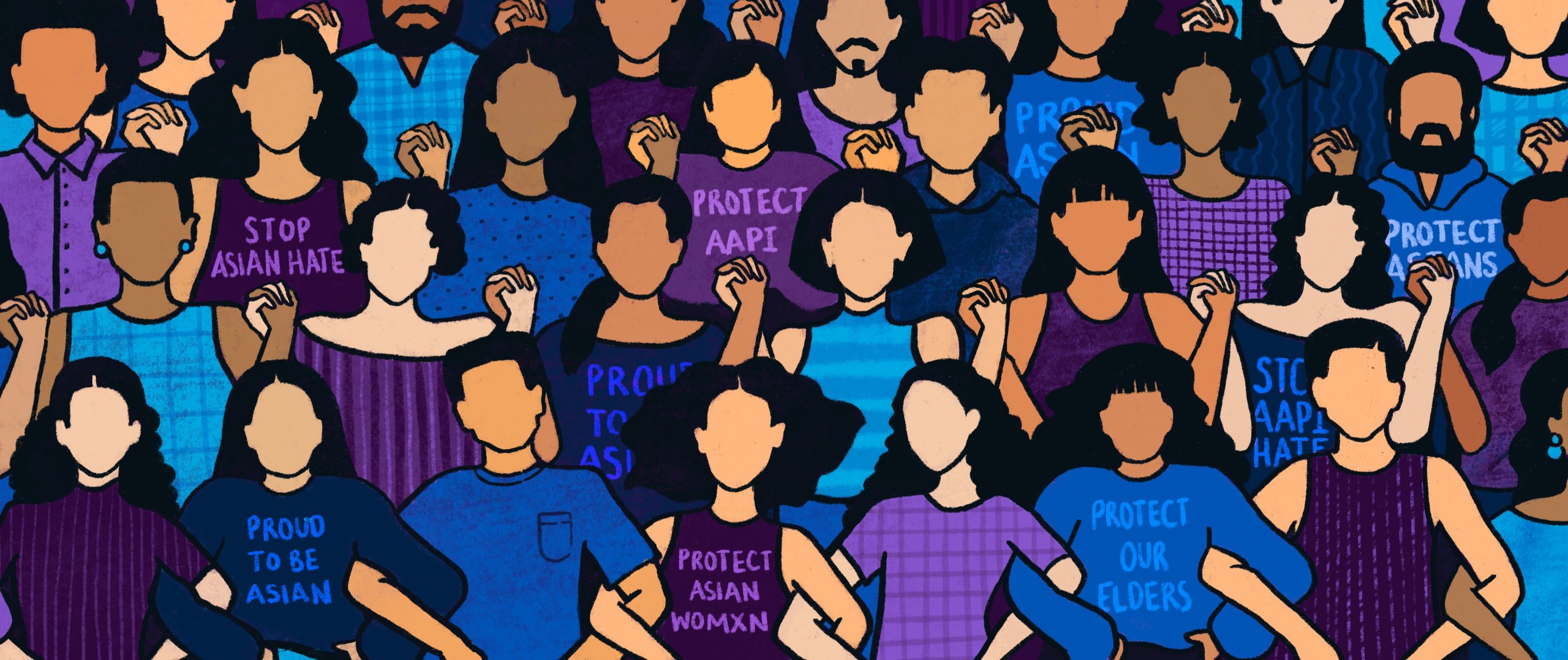
By Aydin Quach (he/him/his), third-year Arts student. Aydin is of Chinese-Vietnamese heritage.
Throughout my degree at the UBC Faculty of Arts, I have been fortunate to have learned from a variety of professors from all over the world. They offer a wealth of knowledge and a sense of pride in their heritage that inspires me to also stand up tall and to be proud of who I am. Particularly in this time of rising anti-Asian racism, many of my instructors have been pillars of support for myself and my peers. While they are leaders in our community, I recognize that they also face unique challenges with racism and discrimination, shaped by their own lived experiences as working professionals in an academic space. In the second part of our series, I interviewed four faculty members about how racism impacts them and how they are making the learning space a transformative one.
This is part two, in a two-part series, featuring student and faculty voices from the UBC community. Read part one where we spoke with four undergraduate students.
Dr. Ayaka Yoshimizu (she/her/hers)
Dr. Yoshimizu is an Assistant Professor of Teaching in the Department of Asian Studies. She is of Japanese heritage.
How do you begin anti-racist and decolonizing education in the classroom?
It starts “pre-classroom” with a critical reflection of my own positionality, my privilege, and my struggles. I am an uninvited guest and occupier in the stolen land of the xʷməθkwəy̓əm (Musqueam), Skwxwú7mesh (Squamish), Stó:lō and Səl̓ílwətaʔ/Selilwitulh (Tsleil-Waututh) Nations. I am also a citizen of Japan, a former colonizer-nation-state in Asia. I speak two Imperial languages, Japanese and English. I am also an East Asian woman, a newcomer, and an English as an Additional Language (EAL) speaker. I have struggled to navigate my way through western institutional norms and expectations in Canada, while also negotiating stereotypes and biases in everyday life. My approach is to invite students to the processes of critical self-reflection and self-decolonization alongside me and to create a space for student-centred peer learning through course materials, in-class activities, and assignments.
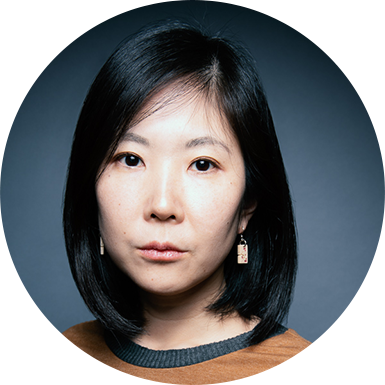
What is one thing allies can do to support Asian voices?
I have heard repeatedly from many faculty and students with Asian and other BIPOC identities about the amount of invisible labour (emotional and otherwise) they perform to make the university more inclusive and anti-racist — or just to deal with colonial and racist assumptions, stereotypes, and structure. I can certainly identify with this experience. All my courses address issues of colonialism, racism, and other forms of oppression, but this requires extra care, thoughtfulness, and constant self-examination, not only because these are sensitive and difficult topics but also because I am external to many of the experiences of marginalization that we discuss in the classroom. I make many mistakes, and thankfully, these are often directly or indirectly corrected by my students. Being an ally necessitates us to submit ourselves to the state of being a non-expert, unknower, and a foreigner, which is not easy when the field of academics constantly expects us to be otherwise.
Gurinder Mann (he/him/his)
Gurinder Mann is a Lecturer of Punjabi Language and Culture in the Department of Asian Studies. He is of South Asian heritage.
How do you as an instructor begin the anti-racist and decolonizing education in the classroom?
The coursebook I use for my Punjabi class has lessons that discuss issues such as colonization and racism. It discusses the challenges that visible minorities have faced in society and the barriers that they have had to overcome. Not only does this educate students on the history of colonization and the ill effects of racism, but allows for a discussion in Punjabi on the subject as well. It creates space to talk about anti-racism and decolonizing education and supports dialogue on how society can endeavour to build a social environment that is free from racial discrimination and embraces all communities.
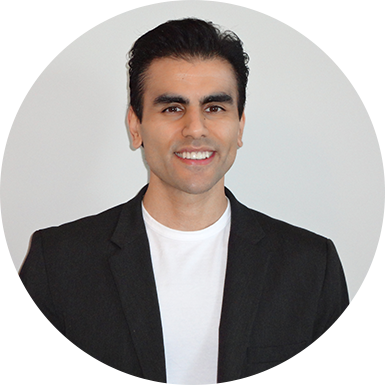
What are steps that we can all take, as a UBC community to be anti-racist?
The first step that any individual, group, or institution can take in addressing matters such as racism is to condemn such behaviours. This message might appear to be a simple one, but it is an immense one, as it echoes what type of society we want to live in and what type of behaviour is acceptable. Moreover, if any community is being targeted or racially attacked in any way, it is important to reassure them that we stand shoulder to shoulder with them and that any attack on anyone will not be tolerated. It is imperative to make every person at UBC feel safe and part of our community.
Dr. Hsiang-ning Sunnie Wang (she/her/hers)
Dr. Wang is an Assistant Professor of Teaching in the Department of Asian Studies. She is of Chinese heritage.
What has been the dialogue in your classrooms since the recent anti-Asian attacks?
It’s heartbreaking to see the unprovoked attacks on Asians in the US, Canada, and beyond since the pandemic outbreak, and to watch the aggravating conflicts continue. As an educator, I tried to create a platform where my [Chinese language] heritage students could not only share their thoughts but also support each other and examine their own overall experience from other perspectives. We discussed the definition and factors of discrimination, the concept of equity and equality, and issues on inclusion and diversity under the larger umbrella of discrimination. When listening to comments from students, it is challenging for me to consider if and how I should respond to their stories or if I should just let them voice their experiences, feelings, and reflections.
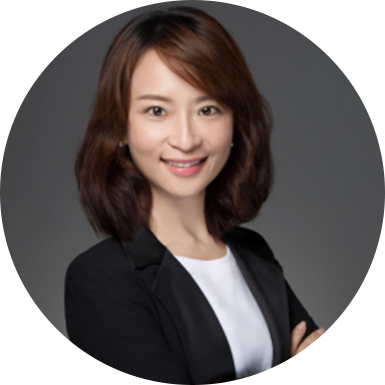
What are steps that we can all take, as a UBC community, to be anti-racist?
I am glad to see UBC hosting various anti-discrimination activities for both faculty members and students. The Equity and Inclusion Office and the Centre for Teaching, Learning and Technology in particular have been working together to organize workshops for instructors. We instructors all need to learn how to integrate these important but sensitive topics into our teaching, so we can feel capable and confident to facilitate student discussions and encourage their independent thinking, sympathy, and collaboration.
One of the main purposes of higher education is to provide students with resources, support, and opportunities to not only explore and take care of themselves but also care about bigger issues beyond their personal scope. As a UBC faculty member, we have the responsibility to bring social justice issues into our curricula regardless of academic fields and course subjects. We can, in the class and beyond, build a learning community for students to better support their voices and further foster their sense of social responsibility.
Dr. John Paul (JP) Catungal (he/him/his)
Dr. Catungal is Assistant Professor of Critical Race and Ethnic Studies in the Institute for Gender, Race, Sexuality and Social Justice and (incoming) Interim Director of the Asian Canadian and Asian Migration Studies program. He is of Southeast Asian (Filipino) heritage.
What are some key resources we should use to inform ourselves of the realities faced by the Asian community?
I have learned a lot about the diverse realities of different diasporic Asian communities from artists and activists who center intersectional approaches to race in their works. For example, Filipinx Canadian community leaders and organizations constitute some of the earliest historians and analysts of Filipinx migrant experiences in Canada. They did so not just in spite of but in active response to the fact that there haven’t been very many Filipinx Canadian researchers in Canadian universities until relatively recently. Organizations like Migrante BC and Pinoy Pride Vancouver are key keepers of community histories and important analysts of how issues of labour, class, queerness and gender intersect with Asian racialization to shape what it means to be Filipinx in Canada.
A similar spirit of community-led knowledge production animates ongoing efforts by diasporic Asian creators more broadly, including those whose practice is local to Greater Vancouver. For example, Love Intersections is a multimedia collective that creates films featuring often untold stories of marginalized communities. Their much-lauded film, Yellow Peril Queer Destiny, is an important resource for those interested in how histories and ongoing practices of anti-Asian racism are experienced and resisted by diasporic LGBTQ Asians in Vancouver.
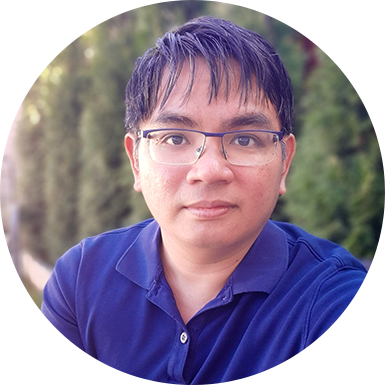
What is one thing allies can do to support Asian voices?
There are times when allies, by virtue of their being relatively less vulnerable in given situations, have the responsibility to name the presence and persistence of practices of marginalization. Their privileges might enable them to be heard in ways that are not easily afforded to those in more precarious positions. They might also be able to use their platforms to amplify voices and perspectives. I think, for example, of the uneven distribution of the work of support, care and community connections at UBC. These are often shouldered by BIPOC members of the UBC community, and borne disproportionately by BIPOC women and LGBTQ people. This work is not easily accounted for, as they don’t fit the usual metrics of value to the university. Allies need to recognize, name and undo the systematic devaluation of these important forms of labour. This is not easy or glamorous work, and it sometimes requires that allies put themselves and their standing in the line of fire in order to support marginalized communities. A willingness to engage in this vulnerable and sometimes risky work is necessary to commit an ethical allyship.
The National Forum on Anti-Asian Racism
UBC is converting a two-day virtual event, from June 10-11, to address the ongoing crisis of escalating anti-Asian racism in Canada.
Many of the voices I have heard these past few weeks have discussed how allyship necessitates the need to step out of one’s comfort zone in order to truly work towards uplifting people.
It is my continued hope that through these stories, you have gained new insight into experiences felt by students and faculty, what anti-Asian racism can look like, as well as how you can add to the conversation.
Aydin Quach
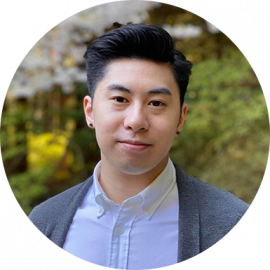 is a third-year undergraduate student, double majoring in History (Honours) and International Relations. He is of Chinese-Vietnamese heritage. Along with being a Teaching Assistant for the Asian Studies Department and Chinese Language Program, Aydin is also a Research Assistant for UBC’s Hong Kong Studies Initiative.
is a third-year undergraduate student, double majoring in History (Honours) and International Relations. He is of Chinese-Vietnamese heritage. Along with being a Teaching Assistant for the Asian Studies Department and Chinese Language Program, Aydin is also a Research Assistant for UBC’s Hong Kong Studies Initiative.
A special thank you to the UBC Asian Studies Department—specifically to the Cantonese, Korean, Japanese, Punjabi, Hindi-Urdu, and Chinese Language Programs for their enthusiastic support.
Credits: https://www.arts.ubc.ca/news/through-our-eyes-with-our-voices-part-two/